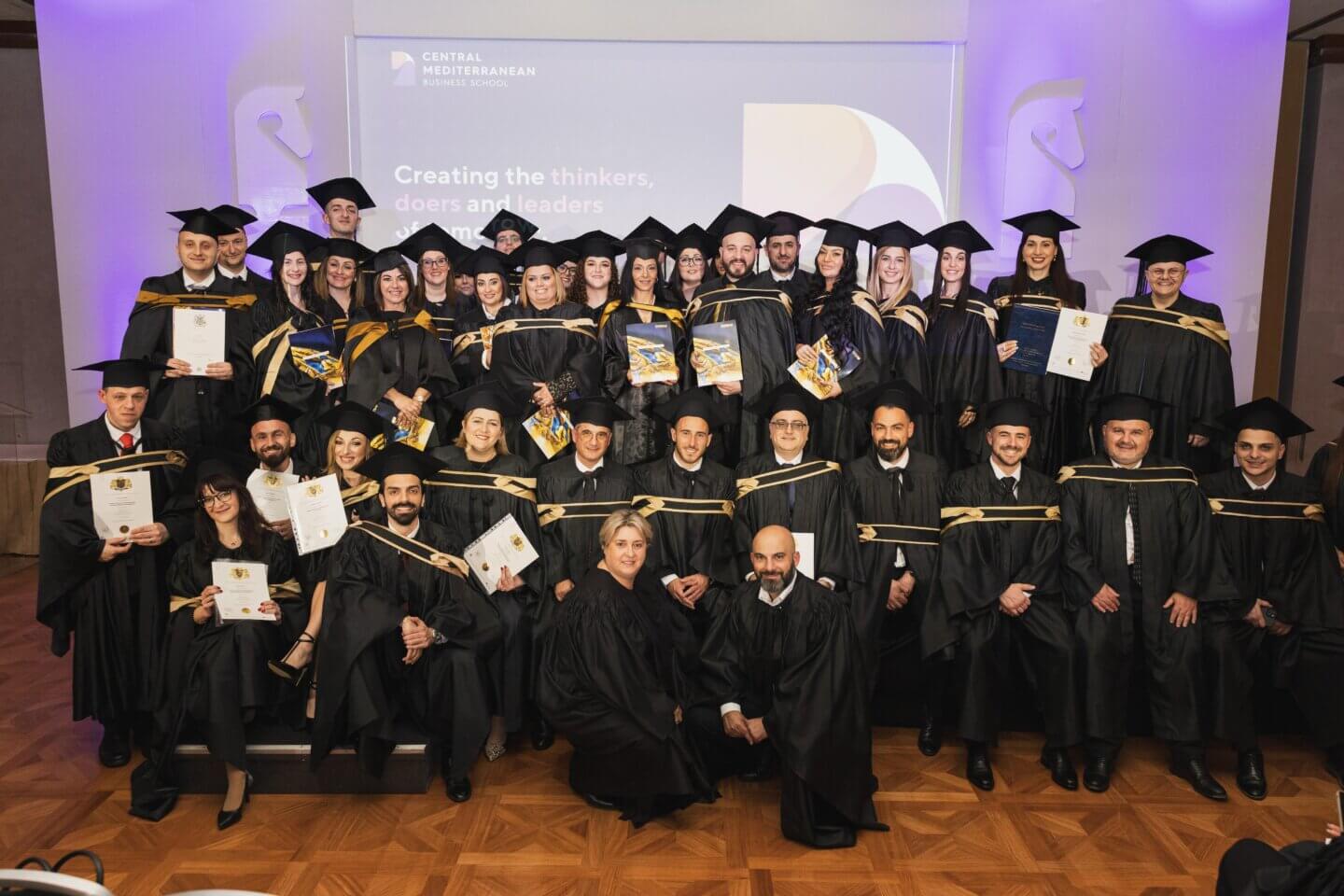Starting an assignment can seem intimidating, especially if you’re out of practice. Everyone develops their own writing style over time. Here are some tips to help you begin your first assignment smoothly.
1. Plan
The first thing you should do is sit down in front of your task sheet or assignment question and plan how you are going to structure the assignment. Do not skip this part! That would be similar to jumping into a game without reading the instructions. Having a plan before starting to write an assignment allows you to have a clear idea of what each section is going to be about, the flow of your argument and how you are going to distribute the assigned word count; a strategy. There are a lot of ways you can do this but perhaps the easiest and fastest way would be to divide your assignment into sections that together will answer the main question.
Give each section a few bullet points that cover what you want to discuss and try to allocate an approximate word count to each part. The word count will depend on the importance or strength you want to give to that section. Once this is done, the (not so exciting) assignment-game may begin!
2. Research
While it is good to use your own knowledge and experience to answer a question, it is always best to strengthen your arguments and give them relevance by using published or reputable sources. Apart from that, you are doing this to learn so do dedicate some time outside the course sessions for self-study; research more on the topic, see how views on it have evolved throughout the years, and generally broaden your knowledge outside the syllabus. The more knowledge on the subject you have, the more likely it is for you to write a strong, unbiased assignment.
3. Referencing
It is well and good to research and see what others have said on the topic, but you must always make sure that you are showing that these ideas are not yours. This is where referencing comes in. It is very important to do this part well as failing to reference correctly will get you in trouble for plagiarism.
You will use external resources in two main ways; while quoting and while paraphrasing. If you are copying text directly from the source onto your assignment, make sure to use quotation marks and to limit this text to just a few sentences. After this text, you need to add an in-text reference, which is usually the author’s surname and the year the work was published. There is a built-in referencing tool in Microsoft Word that you can use for this – it keeps all the references you input and automatically builds your bibliography.
A simple Google search will lead you to instructions on how to use it). However, since quotes are limited and the tutor ideally does not receive a very well-referenced plagiarisedassignment, you will be mostly paraphrasing. Paraphrasing is when you rewrite information you found through your research in your own words. While the text would be your original work, the idea is not, and you must show this with another in-text reference. At the end of the assignment, you will need to add a bibliography list, which is a list with the full details of the resources used.
Until you get used to it, this part of assignment writing can be rather taxing and time consuming but once mastered, you will see the difference between academic and non-academic writing and might even feel proud of the long bibliography at the end of the assignment!
4. Language
The type of language used in academic writing adds to the quality of your assignment. This does not mean that you will need to adopt a whole new set of vocabulary with words having an average of 4 syllables, but it would help if you upgraded some of the terms you would usually use in your daily life and adopted a more formal tone.
Looking at being more formal, one of the easiest ways to do this is to eliminate contractions – that is, use ‘’it is’’ rather than ‘’it’s’’ and ‘’we will’’ rather than ‘’we’ll’’. Another trick that makes your writing more professional is eliminating subjectivity; that is, you keep your personal opinions and terms such as ‘’I think’’ or ‘’I feel’’ out – unless of course the assignment question is specifically asking for this. Similarly, try to keep your writing as impersonal as possible and to keep the focus on the research, rather than you the researcher. For example, say ‘’this research will show’’ rather than ‘’I will show the following with this research’’ and use the passive voice when possible.
While they seem to be small insignificant adjustments, once implemented, they will definitely help in the process of presenting a well-written academic assignment and will also make it easier for the tutor to read.
5. Proofreading
It is really important to allow time before your assignment deadline for some final editing and proofreading. The best way to check for mistakes in language and cohesion is to ask someone (with a good level of English and ideally some experience in academic writing and the topic at hand/ in question) to proofread your assignment. This way you would be able to see whether other people will understand the point you are trying to make in your assignment and have a new set of eyes that is able to spot any language mistakes.
However, take a couple of days off from the assignment before you start; don’t read it again the second you have finished it or just a day after – give your mind some rest. Go and read it again slowly and carefully a couple of days later, and you will see that a fresh mind will help you interpret and make things much clearer in the final editing of your assignment.
Now that you’re aware of 5 important aspects of academic writing, we hope you’re feeling motivated rather than intimidated. Armed with these tips and tricks, you’re ready to tackle your first assignment and produce excellent work. Good luck!













